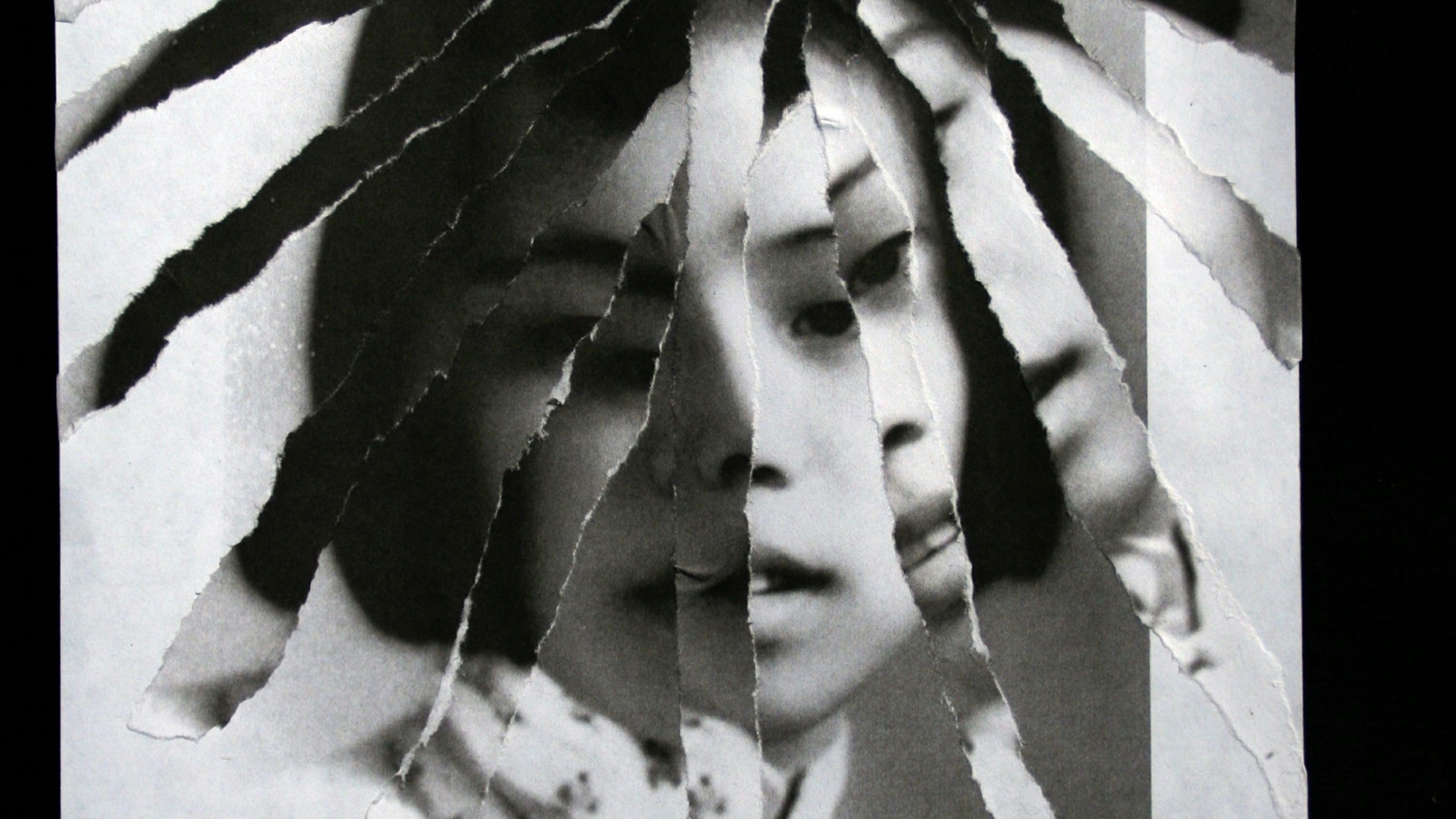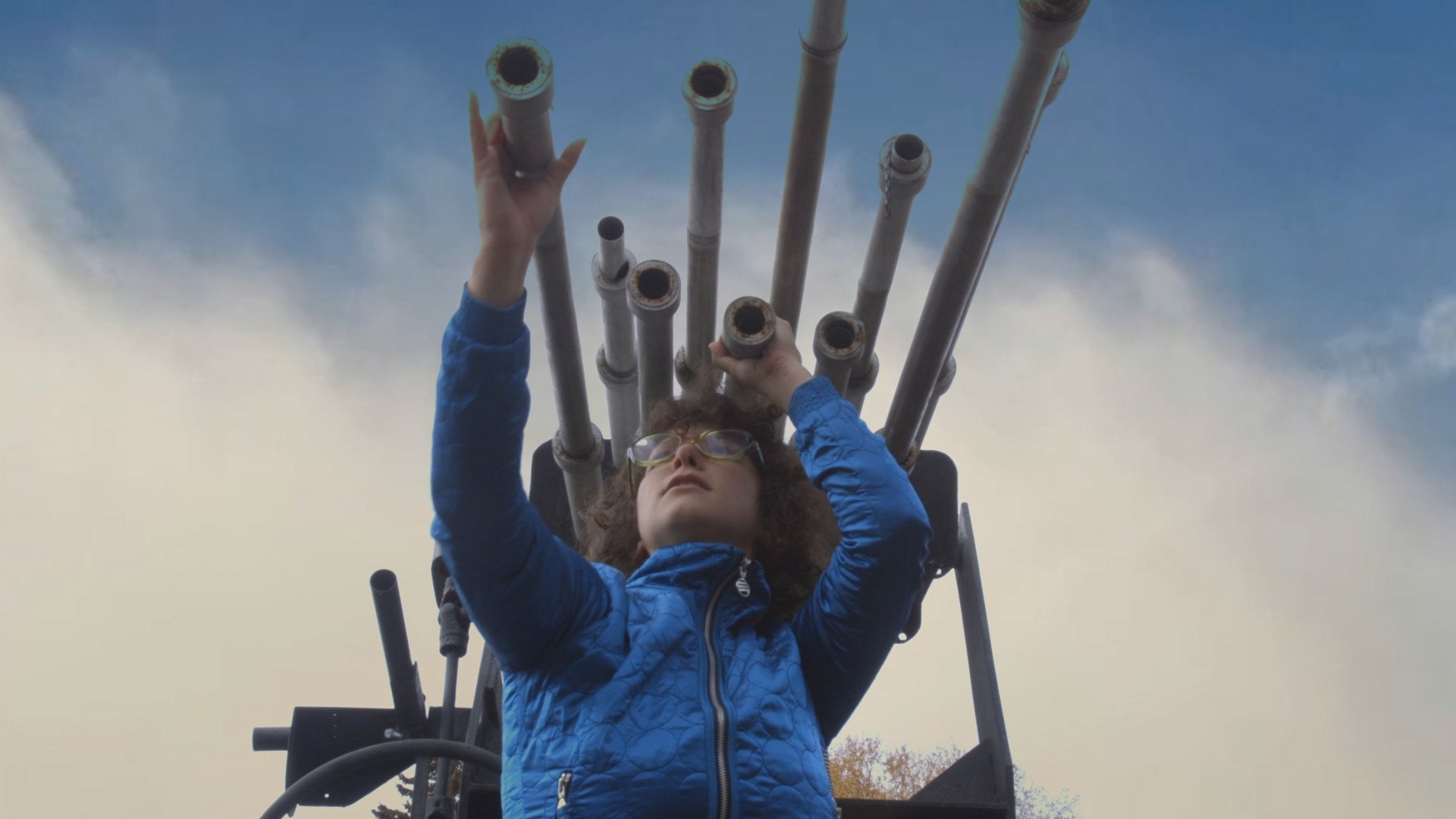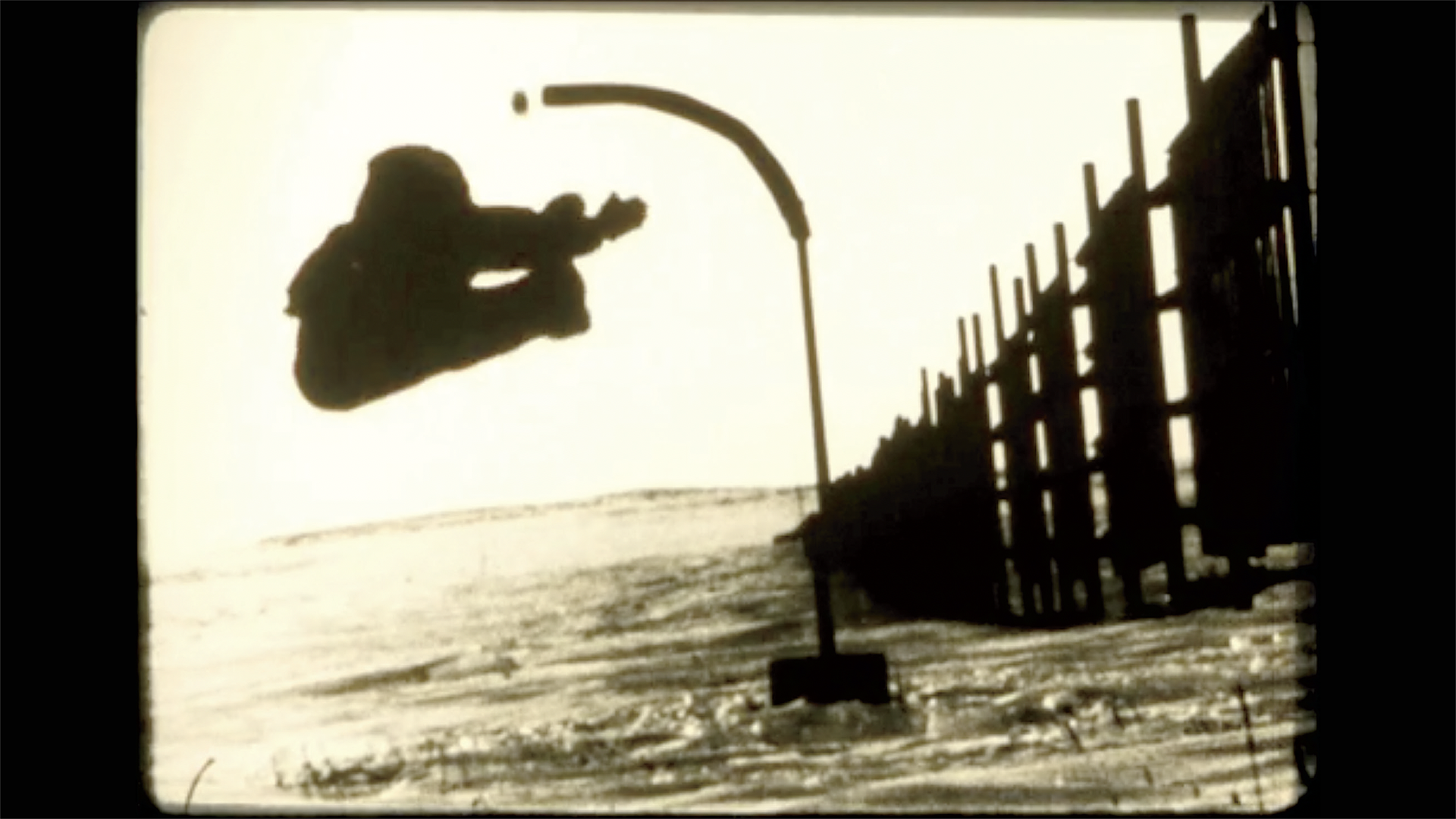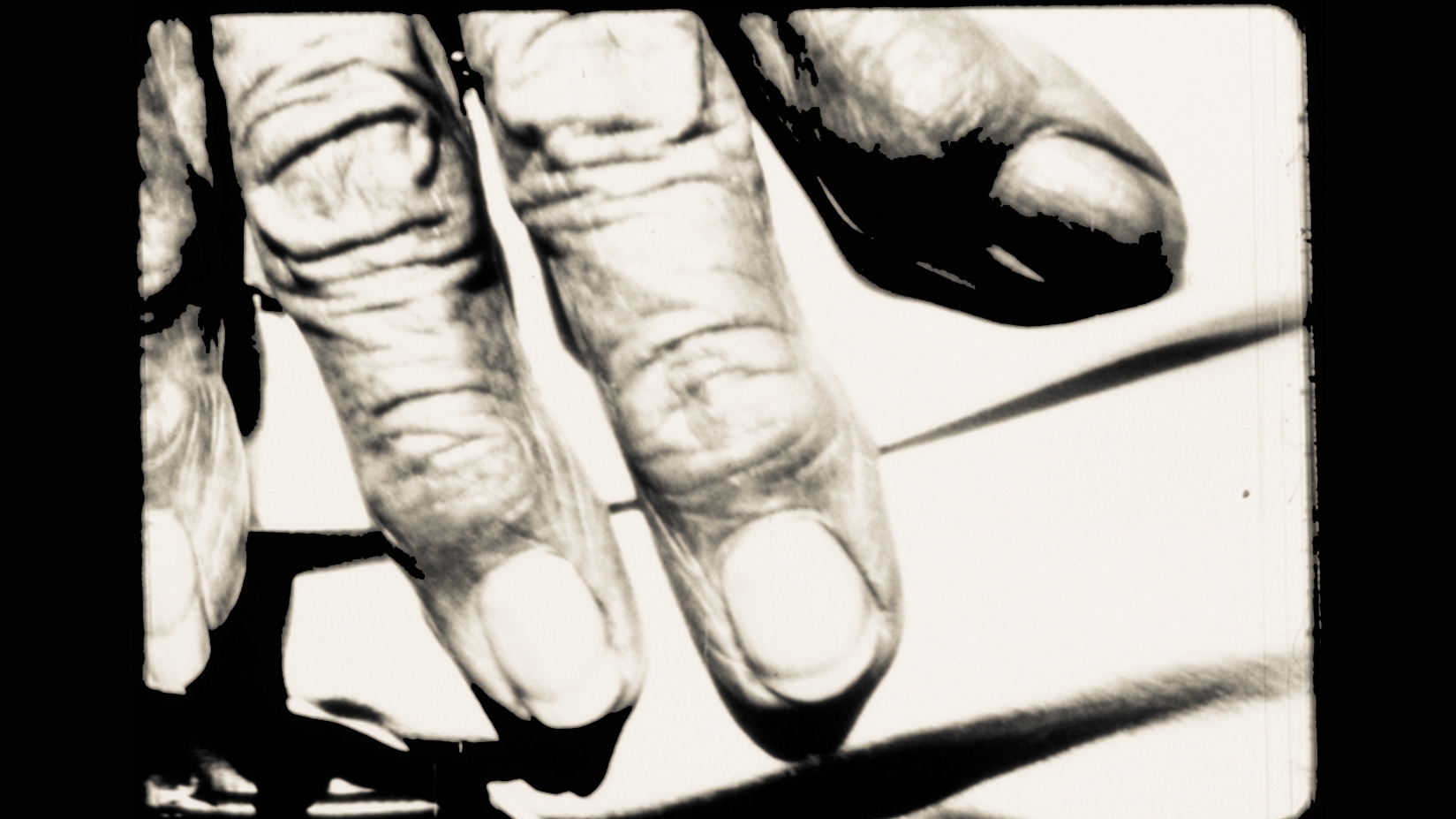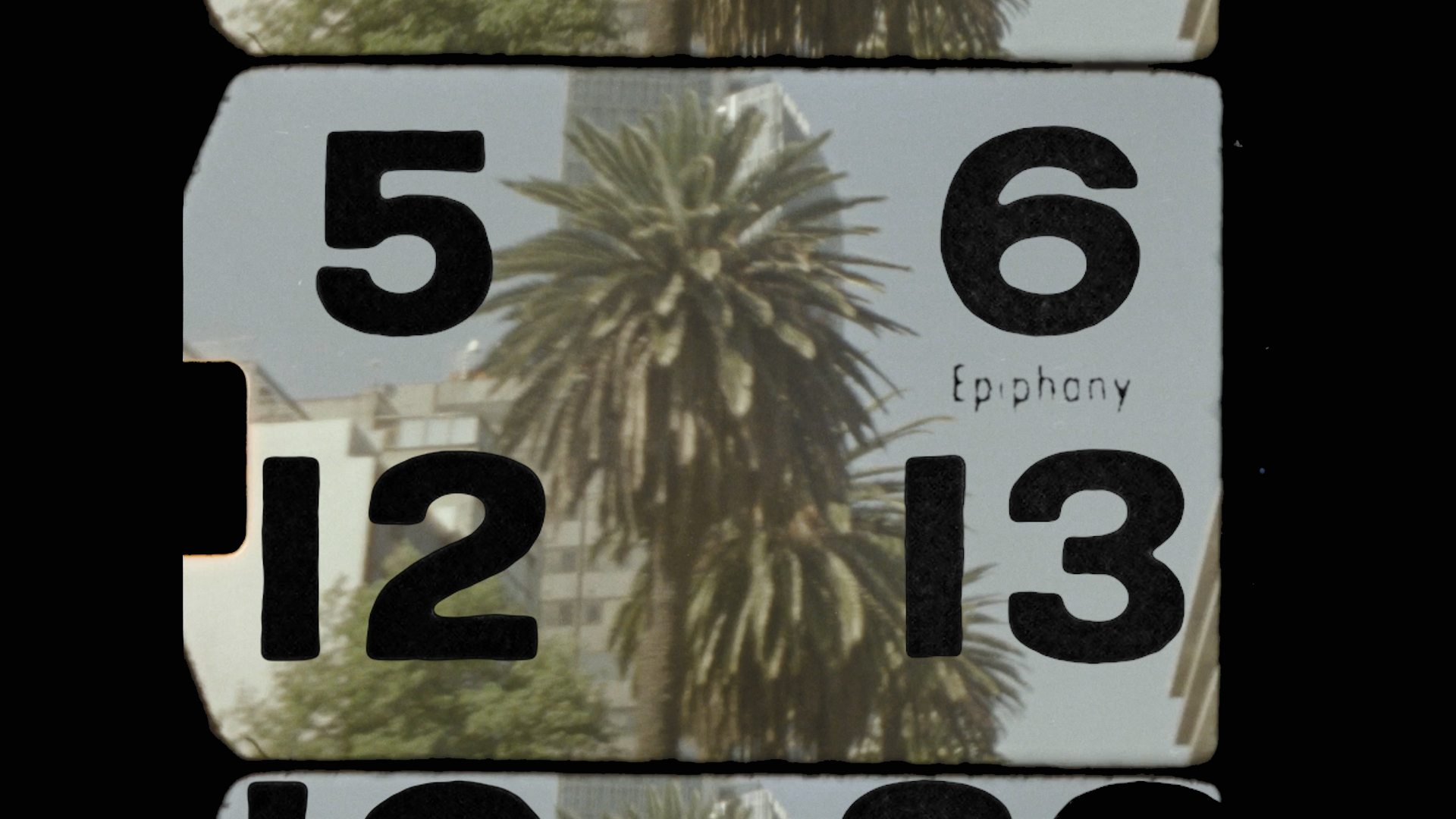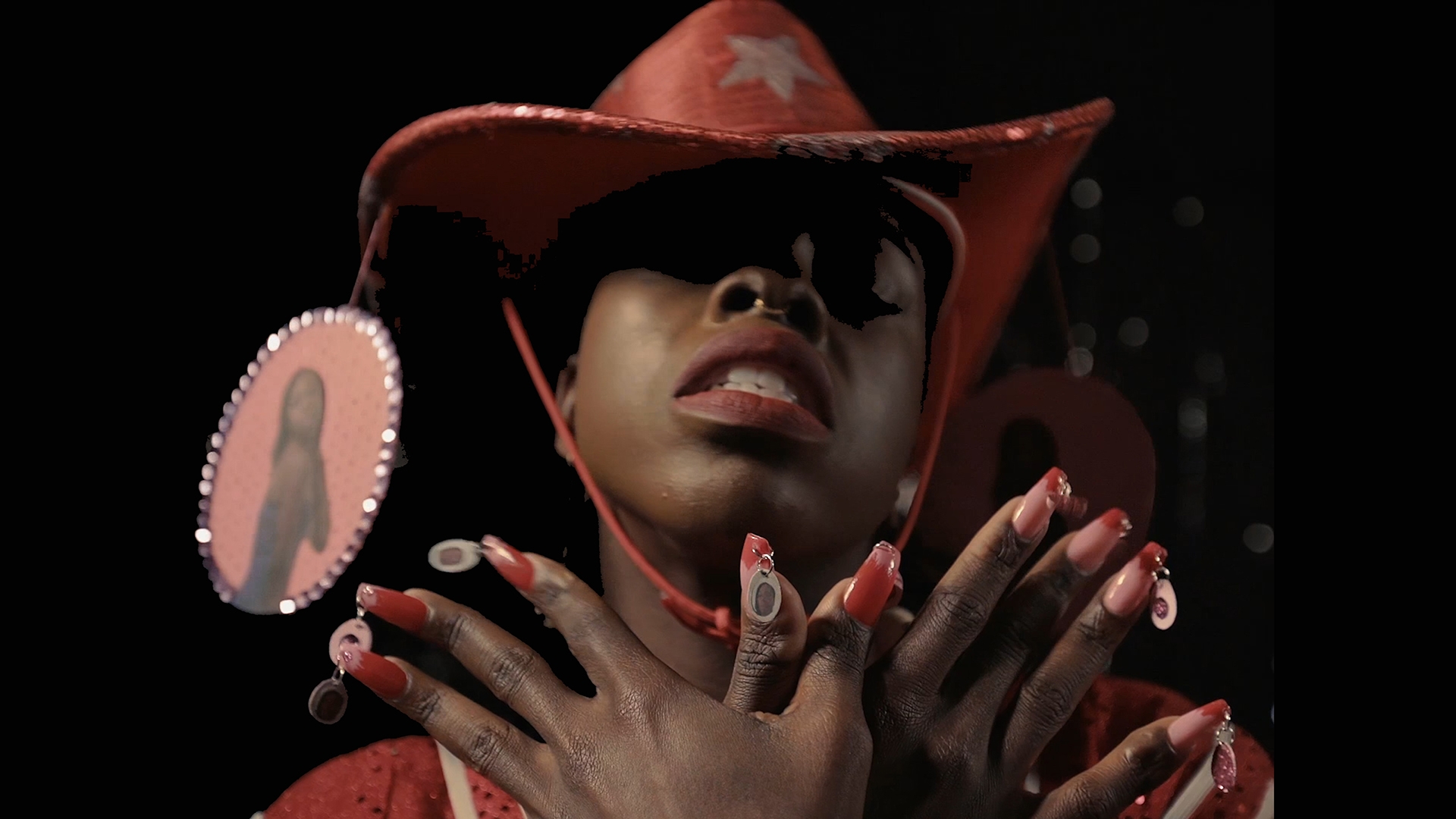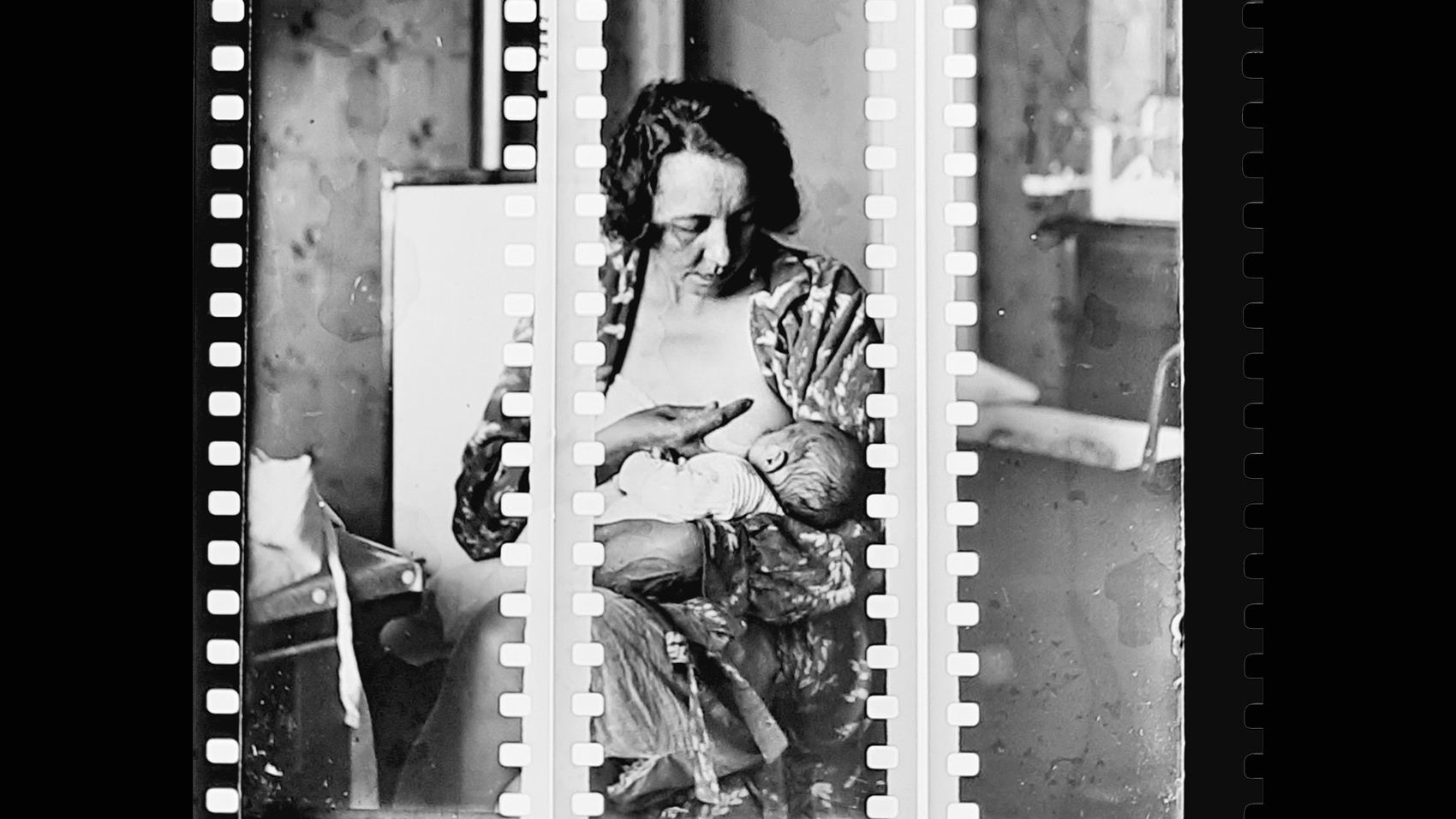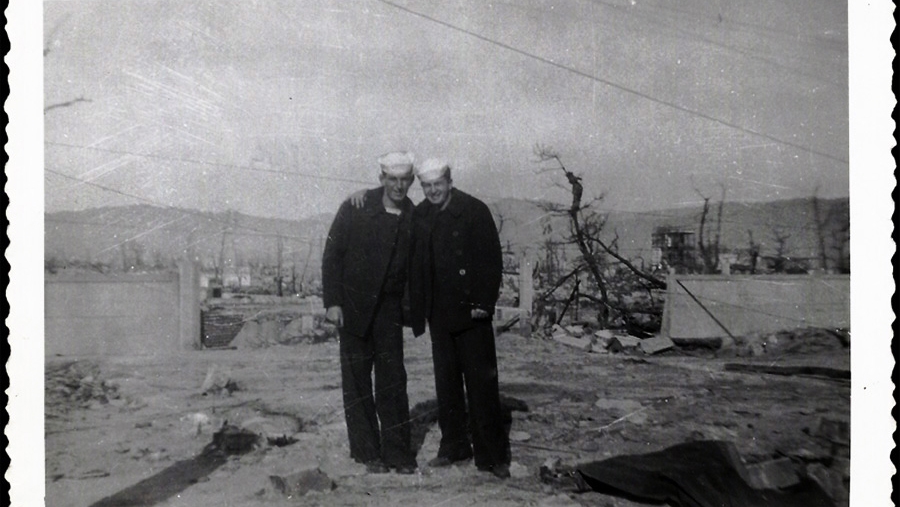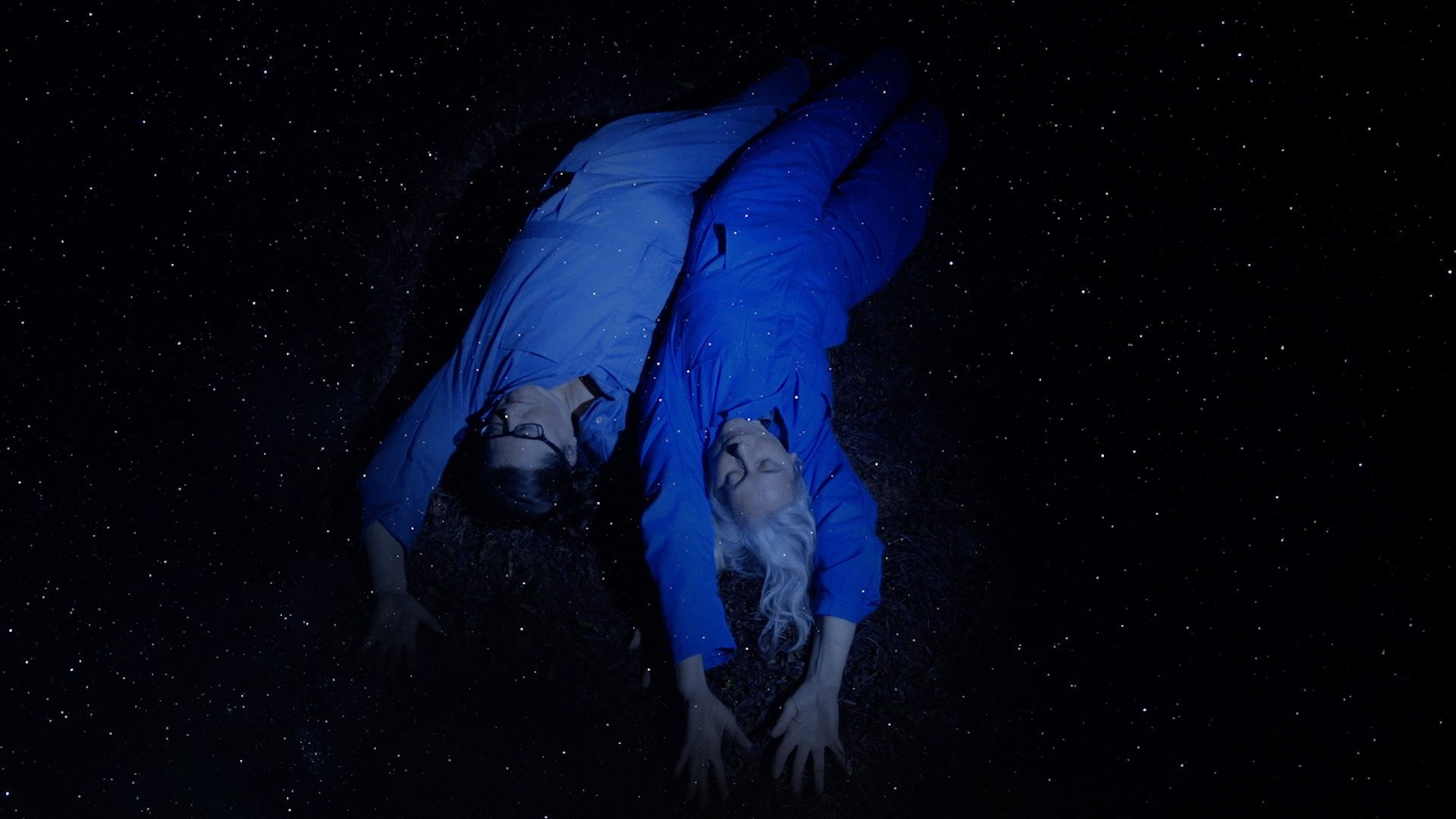New season of longtime avant-garde film series opens at BAMPFA
Alternative Visions, started two decades ago by film curator Kathy Geritz and professor Jeffrey Skoller, will screen at BAMPFA on Wednesdays from Sept. 6 through Nov. 15
September 6, 2023
For most of the past century, New York and Los Angeles have been widely recognized as the two great poles of American moviemaking: the former a hothouse of scrappy independent cinema, the latter a mass-market dream factory with Hollywood at its center.
But the Bay Area holds its own against these two behemoths as a locus of avant-garde cinema, a very different filmmaking tradition grounded in the unique and unclassifiable visions of its practitioners and the radically artisanal production methods they employ. UC Berkeley has long occupied a special place in that tradition, as an intellectual and artistic hub for some of the avant-garde film community’s most important figures.
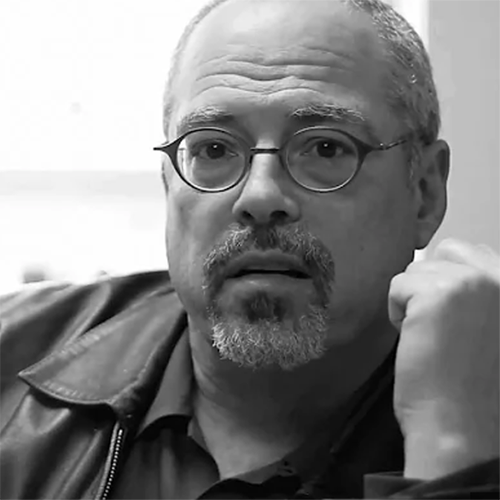
This fall semester, two of those figures are stepping back from Berkeley after remarkable individual careers — and a very fruitful two-decade collaboration — spent cultivating a vibrant alternative film scene in the Bay Area and beyond.
During much of that time, Jeffrey Skoller, an associate professor of film and media studies, and Kathy Geritz, film curator at the Berkeley Art Museum and Pacific Film Archive (BAMPFA), have co-curated an annual avant-garde film series at BAMPFA, Alternative Visions. It’s programmed each fall semester in conjunction with the Department of Film and Media’s experimental film course and is open to the general public.
One of BAMPFA’s signature film programs, Alternative Visions is a testament to the vibrant connection between Berkeley’s globally renowned film archive and its highly distinguished film studies department. And judging by the number of notable alumni who have participated in the program, it’s also one of the Bay Area’s most important incubators of emerging film talent.
Opening on Sept. 6, the latest installment of Alternative Visions marks Geritz’s final series as co-curator and was one of her last projects before her retirement on Sept. 2. Skoller, who retired earlier this summer, handed off his curatorial duties to visiting professor Jaimie Baron, who this fall is teaching the course Experimental and Alternative Media Arts.
For this semester’s program, Geritz and Baron selected over 50 avant-garde films to be spread across 11 evenings — including two films being screened on Oct. 25 that were directed by Skoller, a longtime filmmaker, as well as a scholar and author.
In speaking about Alternative Visions, Geritz emphasized the radical approach she and Skoller took to exposing students to avant-garde cinema outside the classroom. The campus funds free admission for students in Skoller’s experimental film classes to attend Alternative Visions screenings in BAMPFA’s Barbro Osher Theater, where they often find themselves in an audience that includes many established filmmakers, curators, writers and other creative professionals.
“What I love about the experiment that Jeffrey and I have done for almost two decades is that students are in the theater with an audience that’s excited to be there,” said Geritz, who also taught avant-garde cinema at Berkeley and co-edited the book, Radical Light: Alternative Film & Video in the San Francisco Bay Area (2010). “We were happy to discover the value of mixing students with artists and people who are deeply interested in experimental cinema. The tension between, ‘I don’t really understand what I’m seeing,’ and, ‘There are people around me who are just riveted,’ makes for an interesting and dynamic learning experience.”
Geritz was a student at Berkeley in the late 1970s — a time when the Bay Area had already become a global center of avant-garde cinema, spurred on by the countercultural currents of the preceding decade.
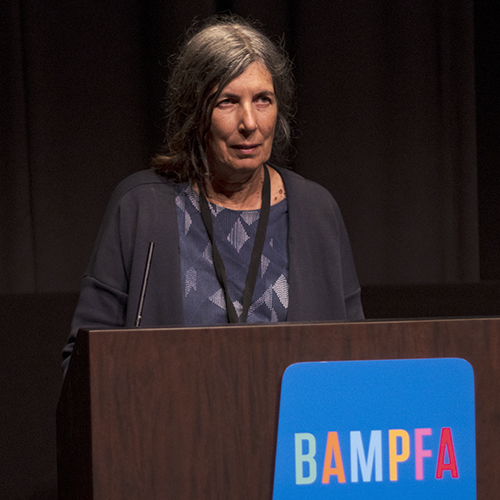
Daria Lugina
Geritz was hired at the Pacific Film Archive in 1981 and six years later became the curator of BAMPFA’s experimental film series, one of the museum’s defining strengths since its founding in 1971. She later became acquainted through the local film scene with Skoller, who moved to the Bay Area in the 1980s to study at the San Francisco Art Institute and became a Berkeley professor in 2005.
“Our aesthetic and political sensibilities about film and the experimental film community were very much in line with each other, so it was very easy to find common ground to work on,” said Skoller. “It was also a valuable way to bring the academic side of the film department closer to the public programming of BAMPFA.”
Like Geritz, Skoller sees the Alternative Visions series as a vital way to expand the horizons of Berkeley film students, many of whom enter the program without prior exposure to avant-garde filmmaking. Unlike mainstream Hollywood movies, avant-garde films are almost never shown at commercial movie theaters or even on most streaming platforms — meaning that many young people, even aspiring filmmakers, often have no idea that such radical work even exists.
“Students at Berkeley aren’t artists at an art school,” said Skoller. “Their sense of what is possible for them to make is often very limited. Students sometimes come to the experimental film course and have no idea that it’s possible to make films outside the mainstream film industry.
“The students also study the history of avant-garde film and are able to see the profound influence these kinds of films have had on the evolution of the art of film and media. They see how the innovative forms and styles of experimental film often trickle up to the mainstream.”
And indeed, the experimental film course and Alternative Visions film series have a long history of inspiring Berkeley students to pursue a wide range of film careers after graduation — as artists, producers, curators, writers, scholars, teachers and more.
One of the anchors of San Francisco’s present-day experimental film scene is the Crossroads Film Festival, whose curator, Steve Polta, is a Berkeley alumnus. Other notable graduates include Reaa Puri, a co-founder of the women of color-owned, social justice-oriented film production company Breaktide Productions; and summer mason, who founded ONX, a creative agency making artists’ films that are redefining Black grief and creative allyship. Even BAMPFA’s own film archivist, Jon Shibata — who is guest curating a program in this year’s Alternative Visions series on Sept. 27 — started out as an undergraduate film student at Berkeley, attending experimental film screenings at the museum.
While the formal radicalism of avant-garde cinema may seem daunting on a first encounter, Skoller points out that the medium’s artisanal production methods are often a welcome outlet for aspiring filmmakers who don’t see a place for themselves in the industrial machine of Hollywood.
“Experimental filmmaking has always been a realm for people who were traditionally excluded from filmmaking: women, artists of color, LGBTQ filmmakers who could never get a toehold in the film industry,” said Skoller, whose book, Shadows, Specters, Shards: Making History in Avant- Garde Film (2005), explores aspects of this movement. “So experimental film became a place where they could express themselves through film. I often like to say that Hollywood had a founding father in D. W. Griffith, but experimental film had a mother in Maya Deren,” who was recognized worldwide as both a pioneer of women’s avant-garde film and a tireless advocate for independent and personal filmmaking.
That inclusive legacy is on display this season in Alternative Visions, which will include numerous works by filmmakers from a diverse range of life experiences.
Geritz and Baron have invited the Canadian Inuit filmmaker Lindsay McIntyre to present on Nov. 15 a program of her short films that explores Indigenous identity. Also appearing in person, the Chinese American filmmaker Al Wong — a venerable icon of San Francisco’s experimental film scene — will introduce his latest work, Paper Sister, on Nov. 8. On Oct. 8, BAMPFA will screen Breaking Ground: Queer Asian Experimental Video, a program of shorts guest curated by Berkeley Ph.D. student Leeroy K. Y. Kang.
“Having students come to these Wednesday evening programs and hear a wide range of artists talk about their work and creative process has always been essential for Jeffrey and me,” said Geritz. “And the upcoming fall series continues that tradition with an exciting array of films with guest filmmakers, scholars and curators to engage the students and the wider Bay Area community in the beauty and poetry of experimental cinema.”
Alternative Visions will screen at BAMPFA on Wednesdays from Sept. 6 through Nov. 15. View the full lineup on BAMPFA’s website.
